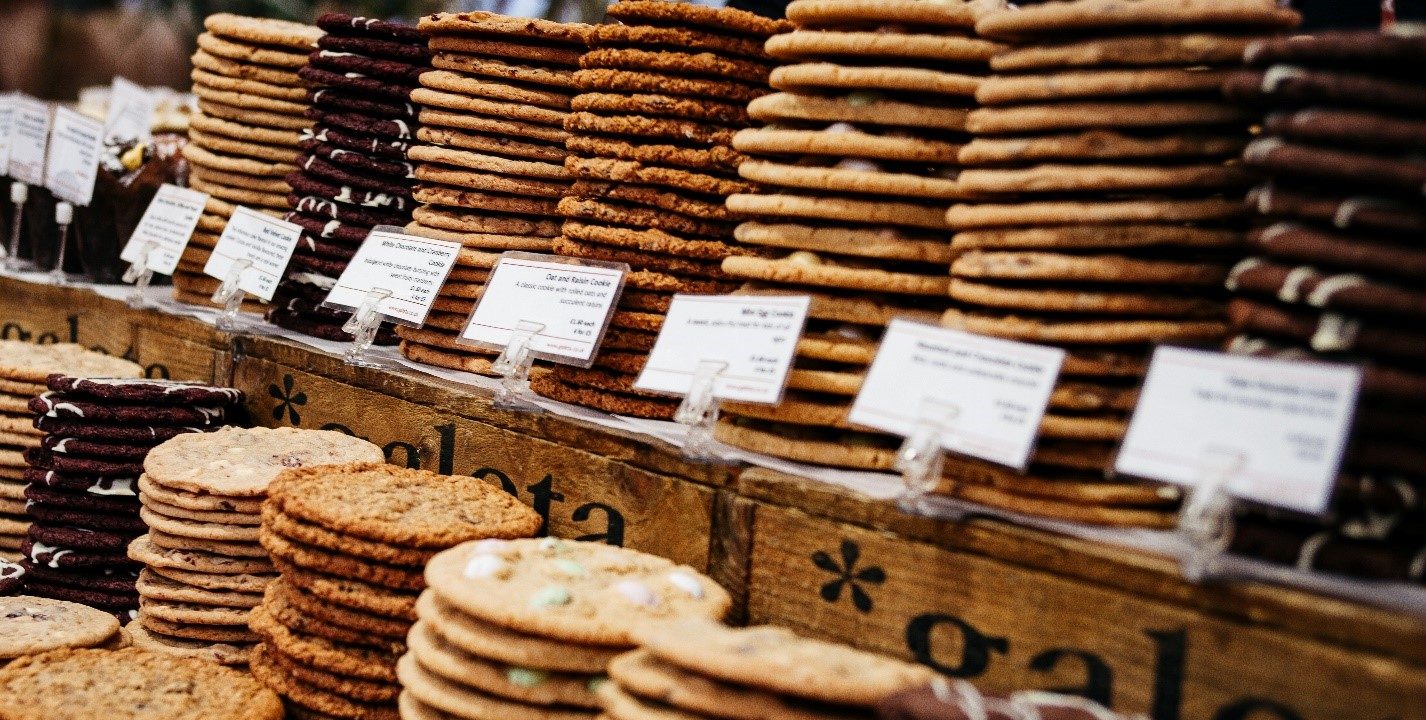Even though it may not look or feel like it, Easter is just a few days away. In 2019, about 80 percent of Americans planned to celebrate the holiday, according to the National Retail Federation. This year, social distancing practices mean large gatherings are mostly off the table. People may still want to cook for themselves and their families, so how will Easter food shopping look this year compared to last?
More retailers will be closed for Easter than in past years because of the pandemic. Some grocery stores that have traditionally stayed open on the holiday will be closed to give employees a day off. To give staff time to restock shelves and clean, many stores have also reduced hours, in addition to special hours for seniors and those most vulnerable to the virus.
Related: Researchers Suggest COVID-19-Related Measures May Exacerbate Childhood Obesity
The good news for the food companies that typically get a boost in sales around the holiday is that people are still eager to celebrate Easter. This year, companies are trying to make sure that shoppers can get traditional Easter foods, despite the tumultuous time. Still, shoppers may have to plan further ahead than usual or spend a little more than in past years.
For Honey Baked Ham, Easter is an important time. This year, Honey Baked is offering $10 off to customers who pick up their hams from stores ahead of the holiday, between April 3 and April 8. Honey Baked hopes to reduce crowding in stores by spreading the shopping period out. It’s also taking other measures to try and keep customers and employees safe, including offering delivery via Uber Eats, limiting the number of customers who can enter stores and holding special hours for senior citizens.
Meat producer Smithfield Foods is also taking steps to ensure that shoppers can get ham this Easter. The company has added more than 13 million pounds of bone-in and spiral hams this year to meet customer demand, and is also shipping them out earlier than usual to make sure they arrive on time. Working with its retail partners, the company is ensuring hams are available online and for pickup.
It wouldn’t be Easter without eggs, and in recent weeks, a surge in demand for eggs has sent prices through the roof. To keep up with the shopping frenzy, retailers ordered more eggs than usual, depleting egg producers’ Easter supply. But that doesn’t mean that customers won’t be able to find eggs this Easter.
Some foodservice egg buyers, like restaurants and cafeterias, are closed which means that some of those eggs could be redirected to grocery store shelves. Plus, people might not come back for eggs now if they stocked up a few weeks ago. Shoppers should still be able to find eggs for Easter, but they might be pricey and customers might not be able to buy as much as they want, with some retailers limiting sales of eggs to prevent hoarding.
Easter is particularly important for niche candy manufacturers, namely Peeps. Although people tend to buy perishable food items like ham or eggs just a few days before holidays, they may shop for more shelf-stable goods, like chocolate, ahead of time. Because candy sellers tend to extend their seasons as much as possible, shoppers have been seeing Easter candy on shelves since February.
For Peeps maker Just Born, that’s an advantage, especially since it has temporarily closed its production facilities in Pennsylvania. Just Born makes more than two billion Peeps a year, most of which are for Easter. Despite sales being down 12 percent compared to last year, the company expects to make most of its Easter Peeps sales right around now.
While Easter dinners and egg hunts may not look like they did in past years, consumers will likely still be able to get their hands on holiday staples and celebrate Easter while practicing social distancing.







Join or login to leave a comment
JOIN LOGIN